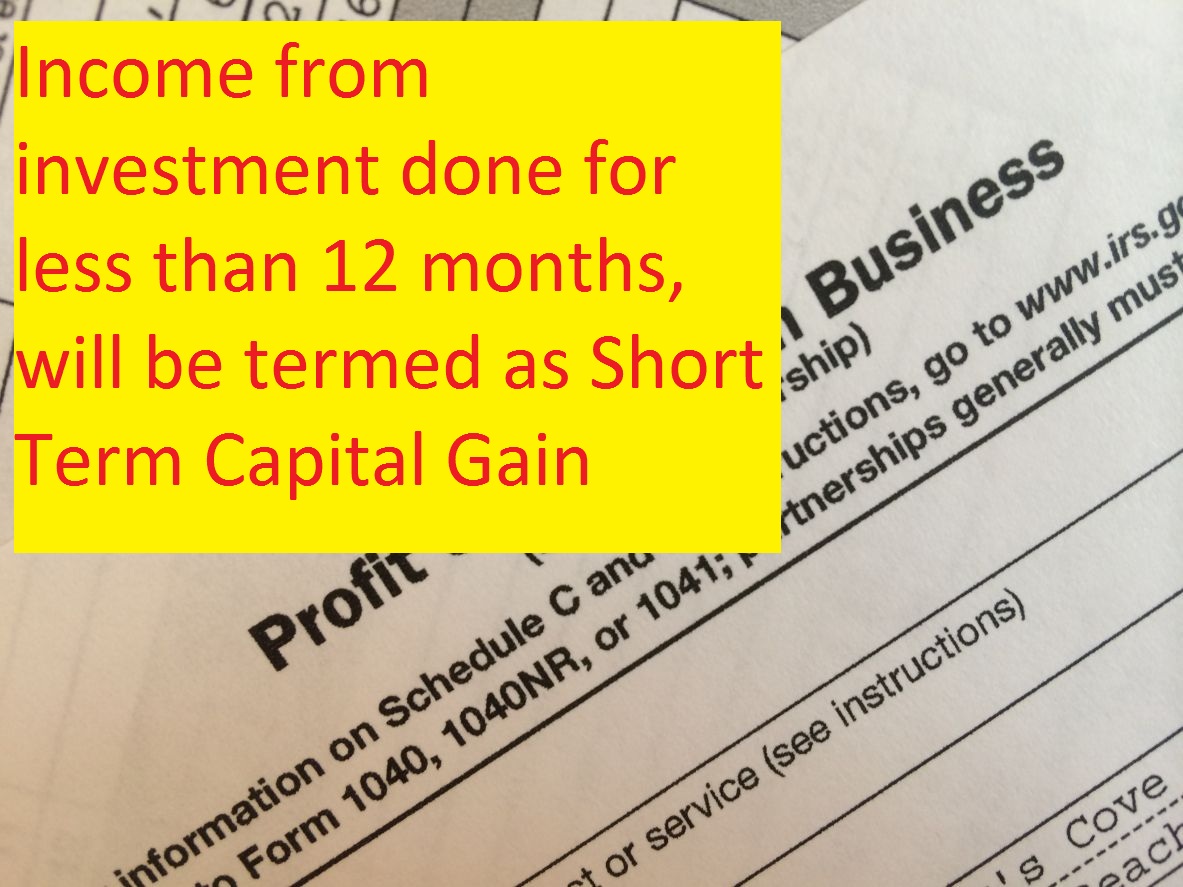Capital Gains vs. Business Profits

Capital gain arising out of holding shares for a short period will not convert it into business income. An Assessee has two separate portfolios one for “investment” and the other for “Trading” has to be treated differently. Gains arising from Investing from own funds and not from any borrowed funds are to be treated as Short term Capital Gain. Let’s get deep into the case related to Capital Gains vs. Business Profits.

Capital Gains vs. Business Profits
Case: CIT vs. Viksit Engineering Ltd (Bombay High Court)
- Bench: Akil Kureshi J, M. S. Sanklecha J
- Sections: 28, 45, 48
- Date of pronouncement: November 26, 2018
- Appellant: Pr.Commissioner of Income-Tax-II(Mr.Ashok Kotangle for the Appellant)
- Respondent: M/s Viksit Engineering Ltd.
1) An appeal was made under Section 260-A of the Income Tax Act, 1961 (the Act) where the order which was passed by the Income Tax Appellate Tribunal dated 8th July 2015 was challenged. The appeal is related to the Assessment Year 2008-09.
2) The respondent was asked during the assessment process to give the reason as to why the income from the sale of shares is to be classified as short term capital gain and why not treated as income from business?
3) The Respondent M/s Viksit Engineering Ltd. showed the short term capital gain of Rs.9.42 crores in his income return. In argument, it said that its regular business is to trade in metal, engineering goods and other commodities. It further added that for the past 10 to 15 years it had made investments in shares out of its fund. It has not taken any loans or borrowed any fund for this.
4) The reason given was not acceptable by the Assessing Officer on the ground that all the scrip in respect of which the short term capital was gained were held for a short period, i.e., purchased and sold during the year. Feeling resentment, the respondent took the matter to the Commissioner of Income Tax (Appeal)(CIT (A)) but in vain.
5) On further appeal by the respondent, it was found that the respondent has shown separately profits from business, long term capital gains and trading in shares in its Balance Sheet. It was observed that being a prudent investor, he has a holding on the market and liquidate the shares or investment as and when required. Hence, the investment which was held for less than 12 months falls in the category of short –term capital gain. It also recorded the fact that the law also provides such gain to be treated as short term capital gain if the shares are held for a period less than 12 months.
6) The learned counsel for the Revenue, Mr.Kotangle, emphasizes to accept the appeal on the ground that the amounts involved are enormous. He further added that purchases and sales of shares were done during the assessment year for the profits claimed under the head short term capital gain.
7) The Tribunal kept in mind the test to be applied which is provided in CBDT Circular No.4 of 2007 for the classification of income on the sale of shares as business income or as short term capital gains. From the fact, it was found that the investments made by the respondent were from its own and not from borrowed funds. A distinction between trading in shares and investments is maintained.
8) The bench is of the view that there are two separate portfolios one for “Investment” and other for “Trading.” Earlier the Revenue accepted the claim of short term capital gain. Thus the income from the shares held for a short period has to be taxed as short term capital gain and will not convert it to income from business. The tribunal also considered the decision of the court in the case of CIT Vs. Gopal Purohit1. Moreover, the legislative mandate itself says that if the income arising out of the investment done for less than 12 months, it is to be termed or treated as short term capital gain.
9) By the facts, the view taken by the Tribunal is a possible view. Accordingly, the appeal made was not entertained and was dismissed.


 ITAT Amritsar: No Section 269SS Violation for One-Time Cash Payment Before Sub-Registrar
ITAT Amritsar: No Section 269SS Violation for One-Time Cash Payment Before Sub-Registrar  Tax Officials Unleash Digital Dragnet: How New Raid Powers Redefine Privacy, Property Rights in India and likely to Fuel Corruption
Tax Officials Unleash Digital Dragnet: How New Raid Powers Redefine Privacy, Property Rights in India and likely to Fuel Corruption  Income Tax Department Rewards for Reporting Tax Evasion: A Comprehensive Guide
Income Tax Department Rewards for Reporting Tax Evasion: A Comprehensive Guide  Forfeiture of Gratuity by Employer- What are the Remedies for an employee- Can employer be challenged?
Forfeiture of Gratuity by Employer- What are the Remedies for an employee- Can employer be challenged?  Employer can forfeit gratuity of an employee in case of moral turpitude
Employer can forfeit gratuity of an employee in case of moral turpitude  Diving Deeper: The Impact of the New Tax Bill on Dairy and Farming Income
Diving Deeper: The Impact of the New Tax Bill on Dairy and Farming Income